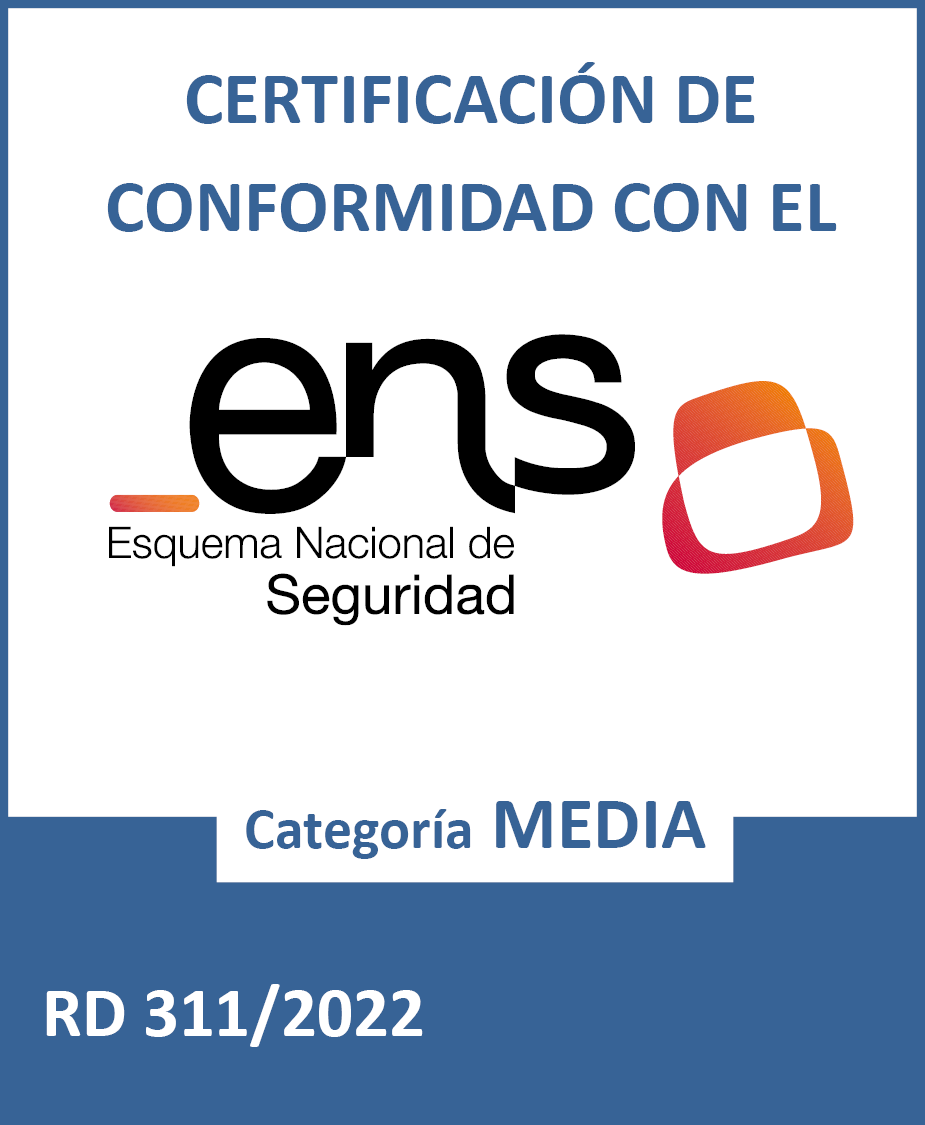CSR Policy
Our Corporate Social Responsibility Policy enables us to unify and enhance our identity and culture as well as directing and guiding our actions and setting standards of conduct for the people and companies operating in the Ports in the economic, organisational, employee, environmental and ethical dimensions.
In addition, and given that these issues are of particular importance not so much for the sustainability of the APB but mainly for the environment in which it operates, the APB has set the following commitments for these dimensions to be built into its management processes.
Organisational Dimension
- Promote best corporate governance practices, giving priority to transparency, ethical management and appropriate risk management.
- Manage risks and opportunities responsibly.
- Maintain responsible, seamless and multidirectional communication with stakeholders (users, customers, employees, suppliers, local institutions, civil society and the national government).
- Work towards continuous improvement of all processes in the general interest.
- Promote responsible procurement practices.
- Ensure the organisation complies with the United Nations Global Compact’s 10 Principles on CSR (see Annex Ia) and promote such compliance in the port community.
- Manage in a transparent manner to enable monitoring by supervisory bodies and accountability.
Employee Dimension
- Support the training and professional development of the people who make up the organisation and foster their work-life balance.
- Promote respect for diversity by creating the right conditions in which teams with different capacities can operate.
- Support equality between men and women by implementing measures agreed in an Equality Plan in the organisation.
- Care for the health and safety of all people working in the ports with the constant and priority objective of improving conditions for its employees, reducing accidents at work and fostering awareness of health and safety issues in all companies with the remit and commitments included in its Occupational Health and Safety Policy.
- Enable social interest activities to be held on public port land wherever possible and provided that they are compatible with port operations.
Environmental Dimension
- Build environmental considerations into planning, managing, designing and implementing infrastructures and the use, monitoring and conservation of public port land.
- Protect assets and available resources.
- Protect the port’s marine and land environments, including preventing pollution; and ensure legal compliance and meeting other requirements in all its areas of influence.
- Make rational use of available natural resources by minimising consumption, implementing energy efficiency criteria and preventing climate change.
- Foster continuous improvement and appropriate environmental performance in all port facilities, taking action if need be as facilitators in the Port Community, supporting the implementation of environmental management systems and raising the awareness of workers, customers and users of the ports so that all our stakeholders see us as a “Green Port”.
- Partner other institutions to draw up regulations which improve the environment in the ports and their surroundings in general within our remit.
- Drive environmental training and education for the organisation’s staff.
- Put in place channels for communication and dialogue with all stakeholders for effective and seamless communication on environment-related issues.
- Carry out studies and research concerning port operation issues and safeguarding the environment and work in partnership with others to do so.
- Encourage our innovation processes to seek solutions that minimise the environmental impact of port operations on their surroundings.
Economic Dimension
- Manage based on optimisation, profitability, efficiency, sustainability and public service principles.
- Invest responsibly to gain an economic and social return while safeguarding the organisation’s general interest.
- Manage public port land in line with planning instruments while fostering participation by the private sector.
- Encourage free competition.
- Promote private investment.
All the above measures are to be implemented in compliance with the law.







